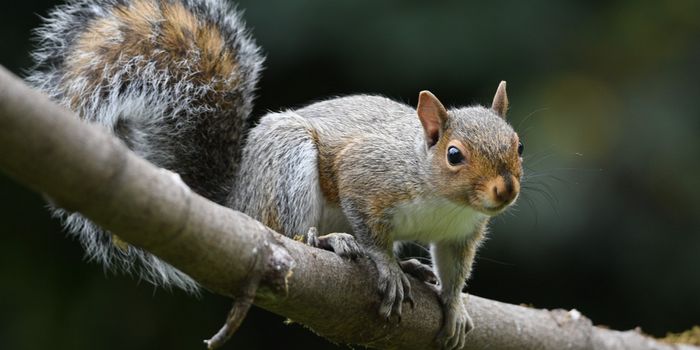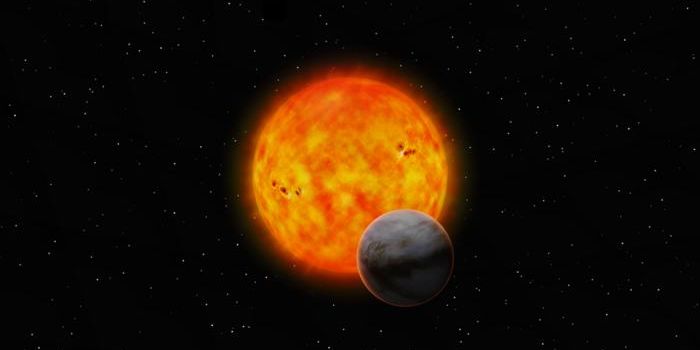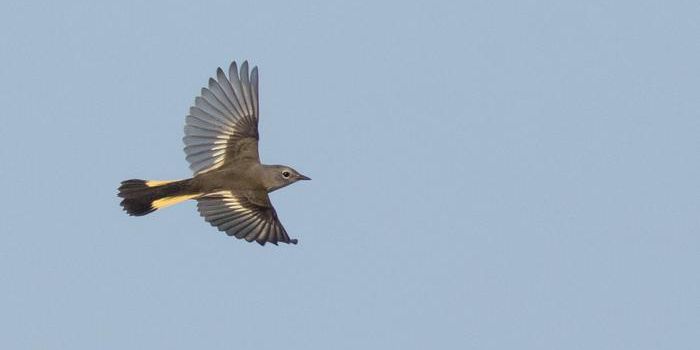US Cattle Lose Genetic Adaptations to Environment
Cattle are losing important genetic adaptations to their environment due to a lack of genetic information available to farmers. The results of the corresponding study were published in PLOS Genetics by researchers from the University of Missouri and Texas A&M University.
"When I joined MU in 2013, I moved cattle from a family farm in New Mexico to my farm here in Missouri," said Jared Decker, author of the study, fourth-generation cattle farmer, associate professor and Wurdack Chair in Animal Genetics at the University of Missouri.
"New Mexico is hot and dry, and Missouri is also hot but has much more humidity. The cattle certainly didn't do as well as they did in New Mexico, and that spurred me to think about how we could give farmers more information about what their animals need to thrive," he noted.
Decker added that over generations, cows in Colorado likely developed genetic adaptations to ease the stress on their hearts when at high altitudes. However, creating offspring using bulls from different environments leads to a decline in such genetic adaptations over time, making cows less resilient to environments their ancestors evolved to thrive in.
For the study, Decker and his team examined bovine DNA data from cyro-preserved cryo-preserved bull semen taken over six decades. While genes associated with higher productivity and fertility tended to increase over time due to selective breeding, they found that genes linked to environmental adaptation became less prominent.
Decker and his team noted that a decline in genetic resilience has likely arisen as farmers don't have access to cost-effective genetic testing. In particular, they say that farmers could use more accessible tests that monitor vasoconstriction at high altitudes that stress the heart. They could also make use of genetic tests showing whether cows are resistant to a toxin in grass that also leads to vasoconstriction and how well cows can tolerate high temperatures and humidity.
"As a society, we must produce food more sustainably and be good environmental stewards," said Decker. "Making sure a cow's genetics match their environment makes life better for cattle and helps farmers run efficient and productive operations. It's a win-win."
Sources: PLOS Genetics, EurekAlert









